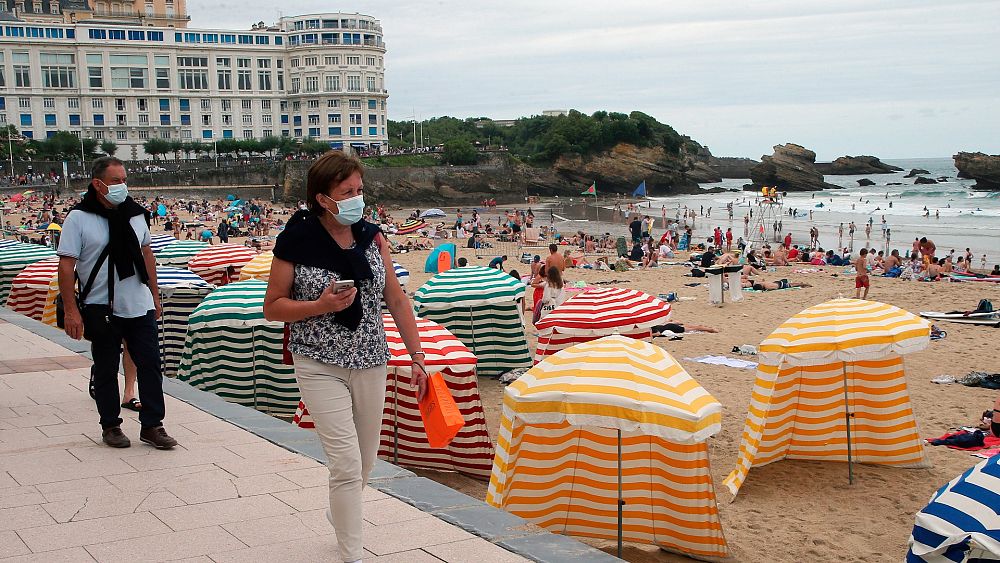
More than half of low-income workers in Europe cannot afford to take a one-week holiday away from home, according to research by the European Trade Union Confederation (ETUC).
The ETUC said in a statement on Monday that while access to holidays has grown across Europe over the last decade, about 28% of European citizens cannot afford a one-week holiday away from home.
But that rises to 59.5% if you just look at people whose income is below the at-risk-of-poverty threshold — set at 60% of the national median equivalised disposable income.
Some 35 million of the poorest in Europe can’t afford a one-week holiday.
Many of the people considered at-risk-of-poverty are unemployed or retired but it also includes millions of low-paid workers, particularly those earning the statutory minimum wage, the ETUC said.
About 7 million Italians are in this category — the highest number in Europe. It is followed by Spain (4.7 million), Germany (4.3 million), France (3.6 million) and Poland (3.1 million).
However, Greece has the highest proportion of people at risk of poverty who cannot afford a break at all with 88.9%. Romania (86.8%), Croatia (84.7%), Cyprus (79.2%) and Slovakia (76.1%) follow.
Furthermore, analysis of Eurostat data by the ETUC and the European Trade Union Institute (ETUI) found holiday inequality has grown in 16 member states over the last decade between those with income below 60% of median and those with income above that threshold.
The biggest divides in access to holidays between the two groups are found in Croatia, Greece, Bulgaria, Czechia, and France.
“The rise in holiday inequality shows how the benefits of economic growth in Europe over the last decade haven’t been shared fairly,” ETUC Deputy General Secretary Esther Lynch said in a statement.
“The EU adequate minimum wages directive needs to be strengthened to ensure that wages are never so low that they leave workers living in poverty and collective bargaining is made a routine part of employment to ensure genuinely fair wages for all,” she added.
The trade union association is currently working with members of the European Parliament to introduce a ‘threshold of decency’ into the legislation that would ensure statutory minimum wages could never be paid at less than 60% of the median wage and 50% of the average wage of any member state, delivering a pay rise to over 24 million people.
Twenty-one member states have a statutory minimum wage policy. The other six — Austria, Cyprus, Denmark, Finland, Italy and Sweden — have wages determined through collective bargaining – including, in certain cases, minimum wages.
The median gross hourly earning in the EU stood at €13.2 2018 but varied widely between member states, reaching €27.2 in Denmark but just €5.6 in Slovakia.
The highest proportion of low-wage earners could however be found in Latvia, Lithuania and Estonia, where they make up more than 20% of the workforce. Portugal, Finland and Sweden had the lowest levels among the 27 member states.
According to the European Commission, over a fifth — 21.9% — of the bloc’s 450 million citizens were at risk of poverty or social exclusion in 2019.